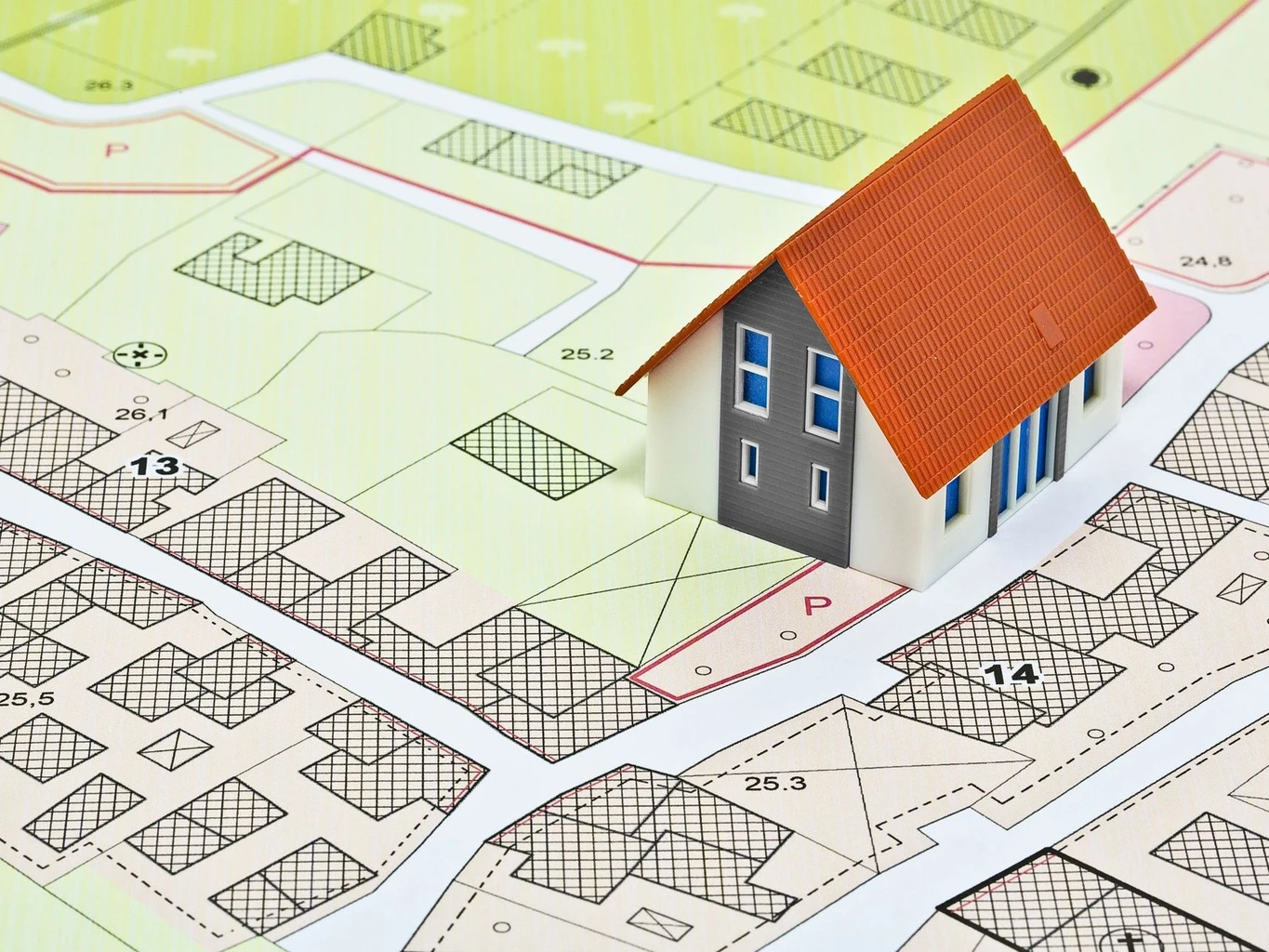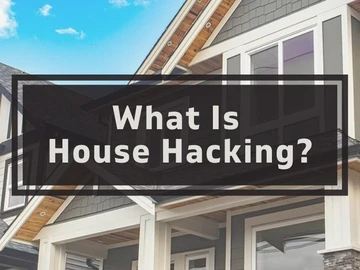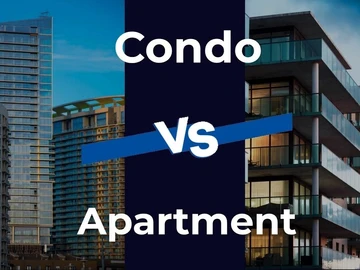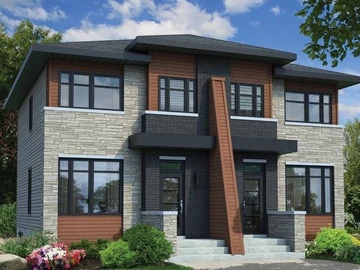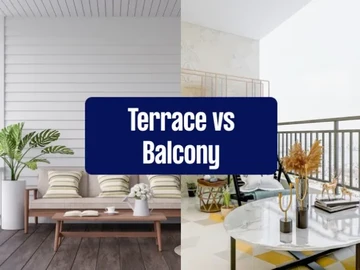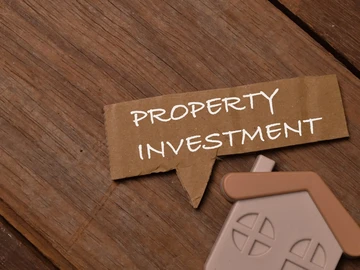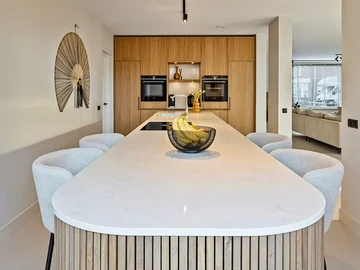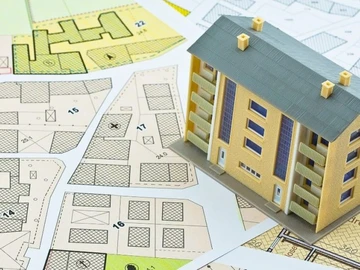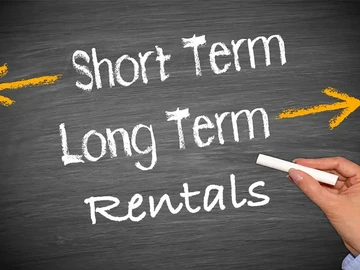Whether you are buying land, building a residential home, or investing in commercial property, understanding zoning regulations and building permits is critical in Zimbabwe. These legal frameworks protect property value, ensure compliance, and prevent costly fines.
This guide explains the types of zoning, the permit application process, and practical tips for property owners and investors in 2025.
What Are Zoning Regulations?
Zoning regulations determine how land can be used. They are set by local authorities under municipal laws.
Common zoning types in Zimbabwe include:
- Residential Zones – Single-family homes, cluster housing, apartments.
- Commercial Zones – Shops, offices, and retail centers.
- Industrial Zones – Factories, warehouses, and logistics hubs.
- Agricultural Zones – Farms and plantations.
- Special Purpose Zones – Schools, hospitals, or government facilities.
Example: Borrowdale West in Harare is zoned primarily residential, while Westgate and Avondale South include commercial mixed-use zones.
Why Zoning Matters
- Legal compliance: Building in the wrong zone can lead to fines or demolition.
- Property value: Proper zoning protects your investment and resale value.
- Safety and community planning: Ensures buildings comply with fire, sanitation, and environmental standards.
Stat: In Harare, zoning compliance reduces disputes by up to 70%, according to city council reports.
What Are Building Permits?
A building permit is official approval from your local council to construct, modify, or demolish a building.
Permits ensure:
- Safety standards are met (structural, electrical, plumbing)
- Proper use of land per zoning regulations
- Environmental compliance
Example: To build a 3-bedroom house in Marlborough, Harare, you must submit a building plan and pay applicable fees to the Harare City Council.
Steps to Obtain a Building Permit in Zimbabwe
1. Prepare Building Plans
- Hire a licensed architect or engineer to draw plans.
- Plans must include: floor layouts, elevations, structural details, and site layout.
2. Verify Zoning Compliance
- Check the local council’s zoning map to ensure your project complies.
Example: A guesthouse in a strictly residential area may require rezoning approval.
3. Submit Application to Local Council
Include:
- Completed application form
- Approved building plans
- Proof of land ownership (title deed)
- Fees (varies by council)
4. Council Review and Approval
- Council officials inspect plans for safety, environmental, and zoning compliance.
- Approval may take 2–6 weeks, depending on project complexity.
5. Construction Inspections
- Inspections may occur at foundation, mid-construction, and final stages.
- Compliance ensures your building meets national standards.
Common Mistakes to Avoid
Building without checking zoning – can lead to fines or demolition.
Submitting incomplete plans – delays approval.
Ignoring inspections – may void insurance or occupancy certificates.
Real-Life Example
A Harare investor wanted to build a duplex in Westgate:
- Initially submitted plans without verifying zoning.
- Council rejected application because the area was zoned residential single-family only.
- After rezoning approval and resubmission, the building permit was granted, and construction proceeded legally.
Lesson: Always confirm zoning before designing or applying for permits.
Tips for Smooth Zoning and Permit Compliance
- Hire licensed professionals for planning and design.
- Consult the local council early to identify zoning restrictions.
- Factor permit fees and timelines into your project budget.
- Keep all approvals and inspection reports for legal and resale purposes.
Conclusion
Understanding zoning regulations and building permits in Zimbabwe is essential for investors, developers, and homeowners.
- Zoning ensures legal and profitable land use.
- Building permits ensure safety and regulatory compliance.
- Early planning and professional guidance prevent delays, fines, and legal complications.
Investing time and resources in zoning and permits protects your property investment in 2025 and beyond.
 Continue with Facebook
Continue with Facebook
 Continue with Email
Continue with Email

